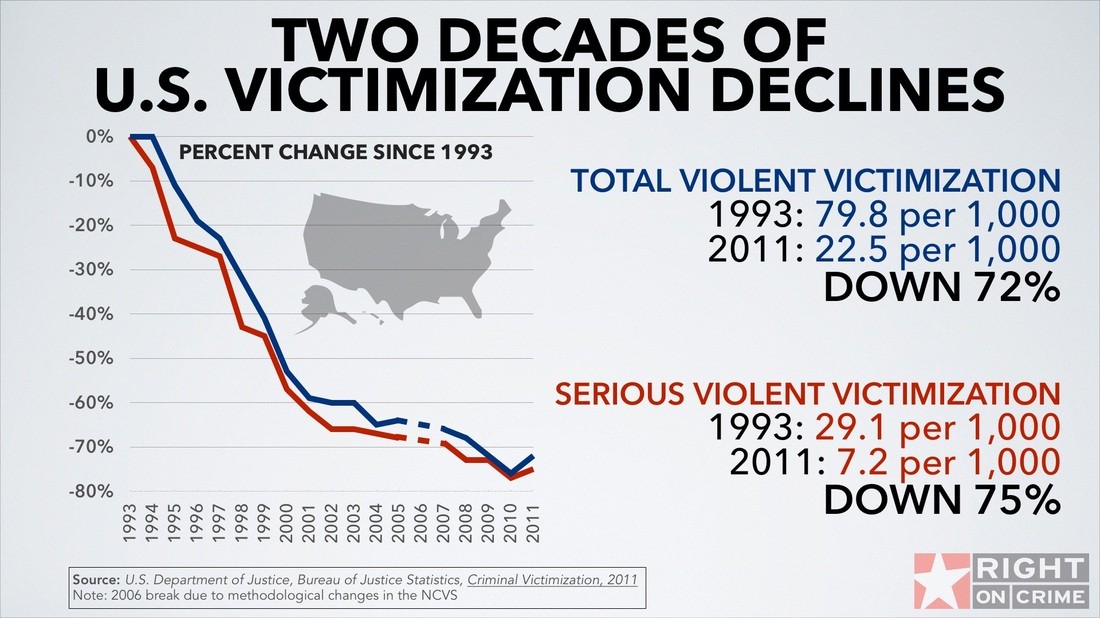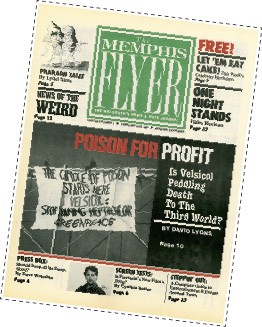Regardless of personal politics, all of us who have endured this strangest of “lame-duck” presidential transitions can agree that this 2020 changing-of-the-guard has been among the most difficult our country has endured, perhaps ever.
The beaten Republican incumbent president has now cried “fraud!” several thousand times, continuing to demand a whole new election, long after the Supreme Court has dismissed all of his legal complaints. More importantly, Donald Trump’s refusal to provide most of the usual courtesies provided to presidents-elect has assured that this Trump-Biden transition continues to flow like glue.

We’re not finished yet, by any means. Even top White House aides are clueless as regards what exactly Trump might do between now and January 20th. We are just three weeks from Inauguration Day, in the midst of the worst pandemic in our country’s history, alongside a Russian security breach whose dimensions are still largely unknown, and we have no idea whatsoever what our 45th president will do next. This isn’t democracy; this is purgatory.
It’s too late to change things this time around, but the current nightmare must never be repeated. It’s time to shorten the period between Election Day and Inauguration Day. To do so, our elected representatives should take a close look at the 20th Amendment, and to shrink what is now a roughly 12-week transition In no other major democracy, around the world, does the outgoing leader take so long to pass the baton to his successor.
We can either amend the existing 20th Amendment, or simply create a new one, one that would be the 28th Amendment in our nation’s Constitution. I have no idea which approach is best, but that’s why God invented lawyers.
The 20th Amendment is not ancient; it was added to the U.S. Constitution in 1933. It shortened the length of time between outgoing and incoming administrations, moving up the original Inauguration Day set in The Constitution, from March 4th to January 20th, shortening the lame-duck period by roughly five weeks.
In many ways, this 1933 change (passed unanimously by all states) was simply good housekeeping. The original 1789 Constitution dated from an era when long-distance travel usually was measured in weeks. The Founding Fathers knew nothing of trains, let alone how to change planes at airport hubs.
But by 1923, when Senator George Norris of Nebraska first proposed this amendment, a lame-duck period of four months no longer made much sense, given 13 decades of travel improvements. As is customary with constitutional amendments, however, Norris’ proposal of what would become the 20th Amendment took a decade to pass muster among two-thirds of the state legislatures for it to become law. Not much has changed, has it?
Ironically, the 20th Amendment became official in January of 1933, in the middle of Herbert Hoover’s four-month lame-duck term in the White House. The Stanford-educated engineer had been roundly beaten in the November 1932 presidential election by New York Governor Franklin Delano Roosevelt, in a bitter contest resembling our current one. Hoover had the misfortune of being president when Wall Street crashed in 1929, and despite his skills, the economy fell into deep depression over the final three years of his single term in office.
Unfortunately, Herbert Hoover was not a good loser. He never thought the Crash was his fault, and believed that FDR’s economic plans were hogwash. So for four long months, Hoover did next to nothing to prepare for a smooth presidential transition, as The Great Depression got more and more depressed.
Governor Roosevelt finally took office as president on March 4, 1933, and the rest is history. Ironically, by that date, the 20th Amendment had actually been ratified, and so when FDR was re-elected after a 1936 landslide, he took the oath of office, yes, on January 20th, 1937.
Given the snail’s pace at which potential constitutional amendments get ratified, someone needs to start the ball rolling, perhaps by offering up a first draft for a 28th Amendment that will override the existing 20th one. We can’t just sit on our hands, hoping that nothing like this 2020 transition nightmare won’t ever happen again. Prayer can only do so much.
Here, then, is one layman’s first draft of a revised 20th Amendment. You’ll note I’ve worked around the big holidays, of course, presuming Saturdays and Sundays are off-limits, especially during NFL playoff season. As a nation, after all, we do have our priorities:
1) Inauguration Day should be held on the third Thursday of December; the earliest it can be held is on the 11th of that month; the latest this can be done is on the 18th.
2) Members of the outgoing Congress must meet and report to said Congress no later than the first Thursday of December, to certify the Electoral Vote itself. The earliest that date could be is on the 1st of December, and the latest it could be is the 8th of the same month.
3) The newly-elected Congress should gather at the Capitol on the first Thursday of the New Year, no earlier than January 3rd, i.e. it can be as early as January 3rd and as late as January 8th. A State of the Union address should be given by the incoming President as expeditiously as is feasible shortly after that date.
I need not tell anyone how strange the events of this particular post-election period have been. This year’s court fights and Donald Trump’s abandonment of his day job for nearly three months have been not just toxic, but borderline suicidal in places. Our transition process must be tightened up, and shortened by what is essentially a month.
As we watch this year’s bizarre transition take place in real time, it may occasionally seem quaint, entertaining, or just plain different. Future historians will consider it just plain insanity. Flying on automatic pilot, the way we are now, risks national suicide.
Kenneth Neill is the founding publisher of the Flyer.
 Wikimedia Commons
Wikimedia Commons 





